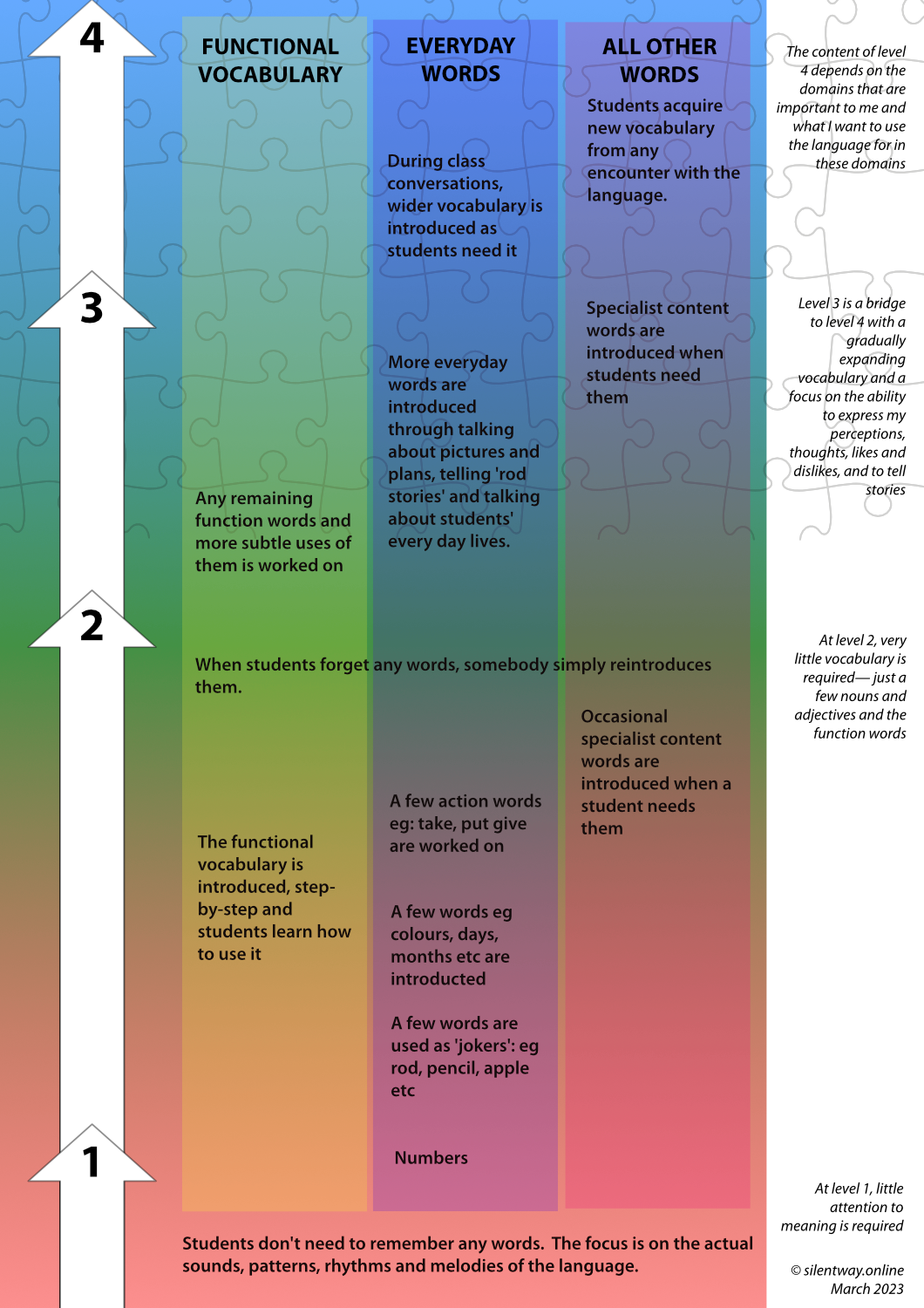Vocabulary is an essential aspect of language learning and communication. It encompasses a wide range of words and phrases that help us express ourselves and understand others. There are different types of vocabulary that play distinct roles in our language usage. In this article, we will explore four types of vocabulary and their significance.
Receptive vocabulary refers to the words that we can understand when we hear or read them but may not necessarily use in our own speech or writing. This type of vocabulary is crucial for comprehension and communication. It allows us to grasp the meaning of texts, conversations, and instructions. Building a strong receptive vocabulary can enhance our language skills and enable us to engage more effectively with others.
2. Expressive Vocabulary
Expressive vocabulary, on the other hand, consists of the words that we use in our speech and writing to convey our thoughts and ideas. This type of vocabulary is essential for effective communication. It enables us to express ourselves clearly and accurately, allowing others to understand our messages. Developing a robust expressive vocabulary involves learning new words, understanding their meanings, and using them appropriately in different contexts.
3. Academic Vocabulary
Academic vocabulary includes words and phrases that are commonly used in educational settings, such as classrooms, textbooks, and academic papers. This type of vocabulary is specific to certain subjects and disciplines, and it is essential for academic success. Knowing academic vocabulary helps students comprehend complex texts, participate in class discussions, and write research papers. It also enables them to demonstrate their knowledge and understanding of academic concepts.
4. Technical Vocabulary
Technical vocabulary comprises words and terms that are used in specific professions, industries, or fields of study. This type of vocabulary is specialized and may not be familiar to individuals outside of the relevant domain. Technical vocabulary plays a crucial role in facilitating communication among professionals and experts in a particular field. It allows them to discuss complex concepts, share information, and collaborate effectively. Developing technical vocabulary is essential for success in specialized areas and career advancement.
In conclusion, vocabulary is a multifaceted aspect of language that encompasses various types, each serving a unique purpose in communication and comprehension. By understanding and expanding our receptive, expressive, academic, and technical vocabularies, we can enhance our language skills, engage more effectively with others, and achieve success in different areas of life.
